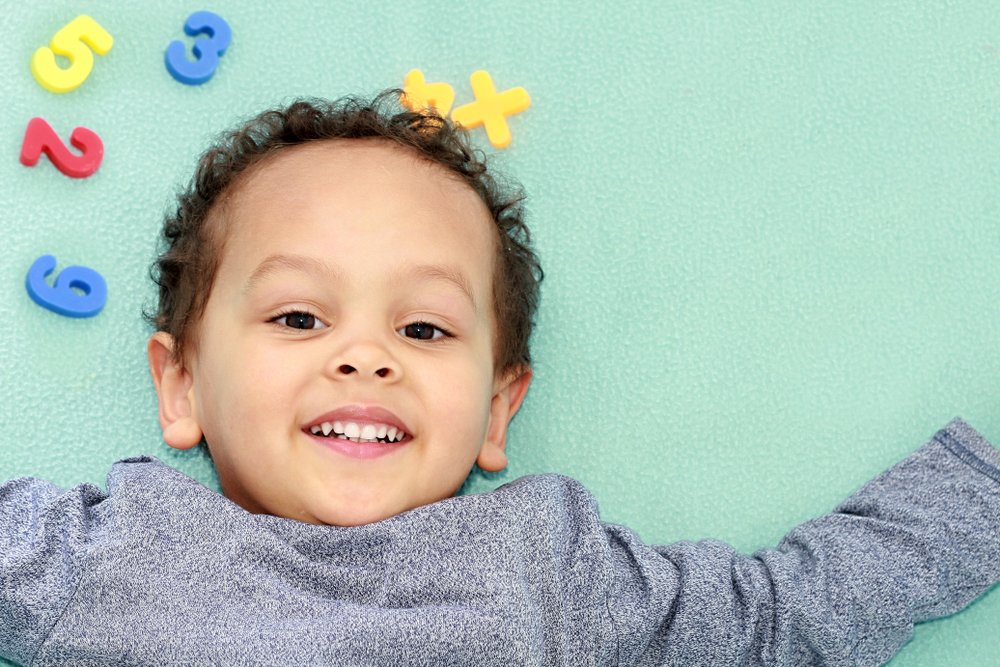Key points:
- Children at this stage have developed basic math skills and are starting to understand the concepts of parts and wholes, counting and patterns, which will impact their cognitive flexibility and problem-solving skills.
- They will start to classify objects into different categories using the names of shapes and colors and can play matching games, recognize differences and similarities between objects, and collect and count objects.
- Parents can help reinforce math skills by taking their children on walks and counting everyday objects, using math rhymes or songs to help with the order of numbers.
- Developing math skills in early childhood is important for school and everyday life as it helps with numerical skills and problem-solving.
Right at this point, your little one has developed many basic math skills! They went from simply recognizing and anticipating routines, to understanding that, when they count, they must relate an object to a number. Now, the time has come to reinforce these skills as much as you can while having fun!
You can see how your little one is using their brain to play around with the concepts of parts and wholes and uses their abilities to see math in their everyday life. Now is the time to reinforce their counting abilities as well.
Mathematical thinking is an important skill that your child will need in school and in everyday life. It’s also a way of learning numerical skills and solving problems later on in life. Why? The ability to find patterns and the development of logical thinking has a direct impact on your little one’s cognitive flexibility and problem-solving skills.
Let us tell you a little bit more about the concepts your child will learn during this stage:
- They will now start to classify using more information at hand. At this point, they’ll probably know the name of shapes and colors. This will help them start classifying objects into different categories in a more sophisticated way.
- They can now play matching games. They will not only be able to recognize the differences between objects but also their similarities. They will able to understand how to pair different objects.
- They will play with collections of things. They might collect rocks, leaves, or whatever they find interesting. They will count them and let you know how many they have.
How can you help them during this stage?
- Take them out for a walk. They can start to use their counting abilities everywhere! They can count the petals on a flower or the insects you see on the sidewalk.
- Use math rhymes or create your own number song. This way you can help them learn the correct order of the numbers, while also having fun and practicing language skills.
One of the best ways for your little one to learn new concepts is by relating them to everyday experiences. This will keep them interested, while also helping them store the information in a place that it’s easier for them to retrieve it from. Making connections to preexisting concepts or emotions will help them accomplish significant learning. So, make math fun and relatable! This will increase their desire to learn and keep them curious!
Whole Child Parenting by The Whole Child Parenting Program was consulted.








